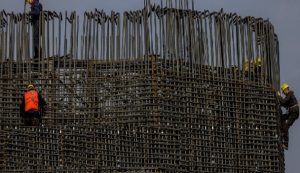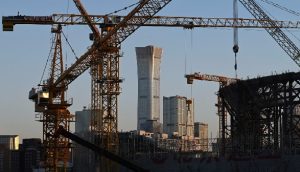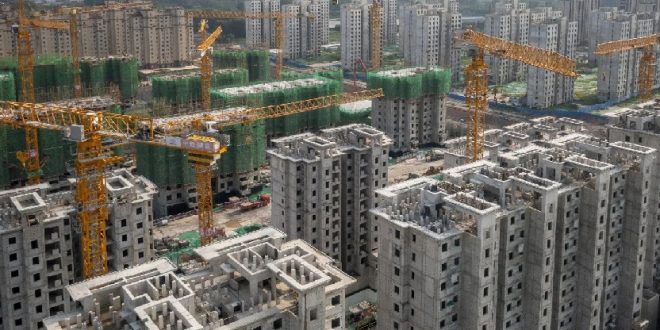12-05-2023
BEIJING: Hu Mingdan, a civil servant in eastern China, prided herself on landing a job known as an “iron rice bowl”, the kind where you don’t worry about being laid off or chasing payment.
 That is until late last year when, for the first time in more than 10 years of working as an accountant for the local government, Hu’s paycheck was delayed for three months.
That is until late last year when, for the first time in more than 10 years of working as an accountant for the local government, Hu’s paycheck was delayed for three months.
“Many of my colleagues’ salaries were delayed, and it was hard because we have families to feed,” Hu, who lives and works in Nanchang, Jiangxi province, told media. “This was unimaginable before.”
Hu’s delayed wages are a symptom of a deeper malaise in the finances of local governments in China.
Across the world’s second-largest economy, cash-strapped provincial and local governments are auctioning off public schools, cutting back on contracts with private contractors, and slashing pensions.
Despite China’s better-than-expected economic growth of 4 percent in the first quarter of 2023, many subnational authorities are deeply mired in debt, posing a challenge to the country’s recovery from COVID-19 and nearly three years of tough pandemic curbs.
 Last month, Guizhou, one of China’s poorest provinces located in the country’s mountainous southwest, appealed to Beijing for a potential bail-out to avoid defaulting on its debt.
Last month, Guizhou, one of China’s poorest provinces located in the country’s mountainous southwest, appealed to Beijing for a potential bail-out to avoid defaulting on its debt.
The Centre for Development Research, a research centre affiliated with the provincial government, said Guizhou’s levels of debt had become a “significant and urgent issue” and become “unusually difficult” to pay off.
The Guizhou government did not respond to media’s request for comment.
Guizhou is not alone in being in the red.
In 2022, each one of China’s 31 provinces and municipalities, except for Shanghai, reported fiscal deficits, according to the National Bureau of Statistics.
Excessive spending on “zero-Covid”-related policies and the downturn in the real estate market have contributed significantly to local governments’ financial woes, according to analysts. (Int’l Monitoring Desk)
 Pressmediaofindia
Pressmediaofindia




